What are Open Education Resources (OER)?
OERs are educational works created by other instructors like lectures, tests, syllabus, assignments, textbooks, journal articles, case studies etc. that the author decides they want to let other educators use freely in their teaching. OERs can be used and reused freely for educational purposes because the author has freely released the work to the public for that use – usually using one of the six types of a Creative Commons licence. These licences allow different levels of use – some allow adaptation and even commercial use and some do not. All Creative Commons licences require citation. The best OER resources are governed by a principle of “The 5 Rs”.
“The 5 Rs” – in order for a resource to qualify as an OER users should be able to
• Reuse – use the content in a wide range of ways (e.g., in a class, in a study group, on a website, in a video)
• Revise – adapt, adjust, modify, or alter the content itself (e.g., translate the content into another language)
• Remix – combine the original or revised content with other open content to create something new (e.g., incorporate the content into a mashup)
• Redistribute – share copies of the original content, your revisions, or your remixes with others (e.g., give a copy of the content to a friend)
• Retain – make, own, and control copies of the content
(The 5rs is based on original writing by David Wiley, which was published freely under a Creative Commons Attribution 4.0 license at: http://opencontent.org/blog/archives/3221.)
In Canada there are some leaders of Open Educational Resources paving the way to support instructors who want to use resources like these that are free of copyright restrictions. One of these is the BCcampusOpenED resource that hosts Open Access textbooks, including peer-reviewed Canadian editions, and has had adoptions of these textbooks by more than 26 Canadian institutions, saving students over a million dollars of textbooks cost to date. In Ontario eCampus Ontario hosts Open Access educational resources and guides you to other open materials. Toronto Metropolitan University Open Learning has Open Access modules created by Ryerson instructors such as videos from The Naked Entrepreneur and a module Therapeutic Communication and Mental Health Assessment. Michelle Schwartz at The Learning and Teaching Office has created a great best practices resource for faculty and instructors who want to explore open access educational resources called The Open Access Classroom. Open Access Education resources are free for you to use and reuse and adapt to fit your teaching aims as long as you cite the source. Perhaps most importantly these resources are free of copyright restrictions and you can provide them to your students free of charge.
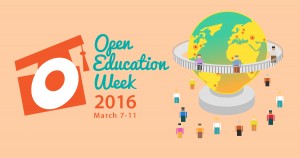
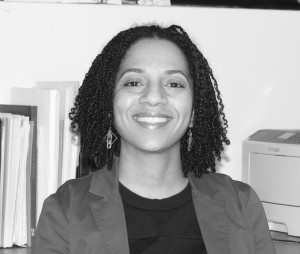

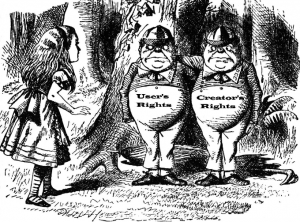
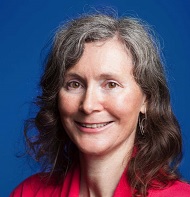


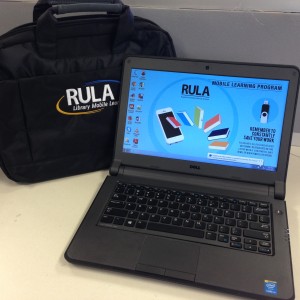 Sixty new Dell Latitude 3340 laptops have been added to the Library’s mobile learning programme. They are now available for borrowing from the Circulation Desk. All the new laptops are equipped with Windows 7 and include the Adobe Creative Suite and Microsoft Office. Check our website for a
Sixty new Dell Latitude 3340 laptops have been added to the Library’s mobile learning programme. They are now available for borrowing from the Circulation Desk. All the new laptops are equipped with Windows 7 and include the Adobe Creative Suite and Microsoft Office. Check our website for a 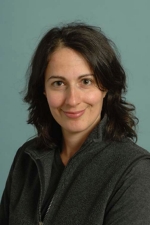 Dr Gucciardi is an Associate Professor in the School of Nutrition and an Affiliate Scientist with the Toronto General Hospital Research Institute. She has written over a dozen publicly-accessible manuscripts on diabetes research. On the subject of open access, she writes:
Dr Gucciardi is an Associate Professor in the School of Nutrition and an Affiliate Scientist with the Toronto General Hospital Research Institute. She has written over a dozen publicly-accessible manuscripts on diabetes research. On the subject of open access, she writes: